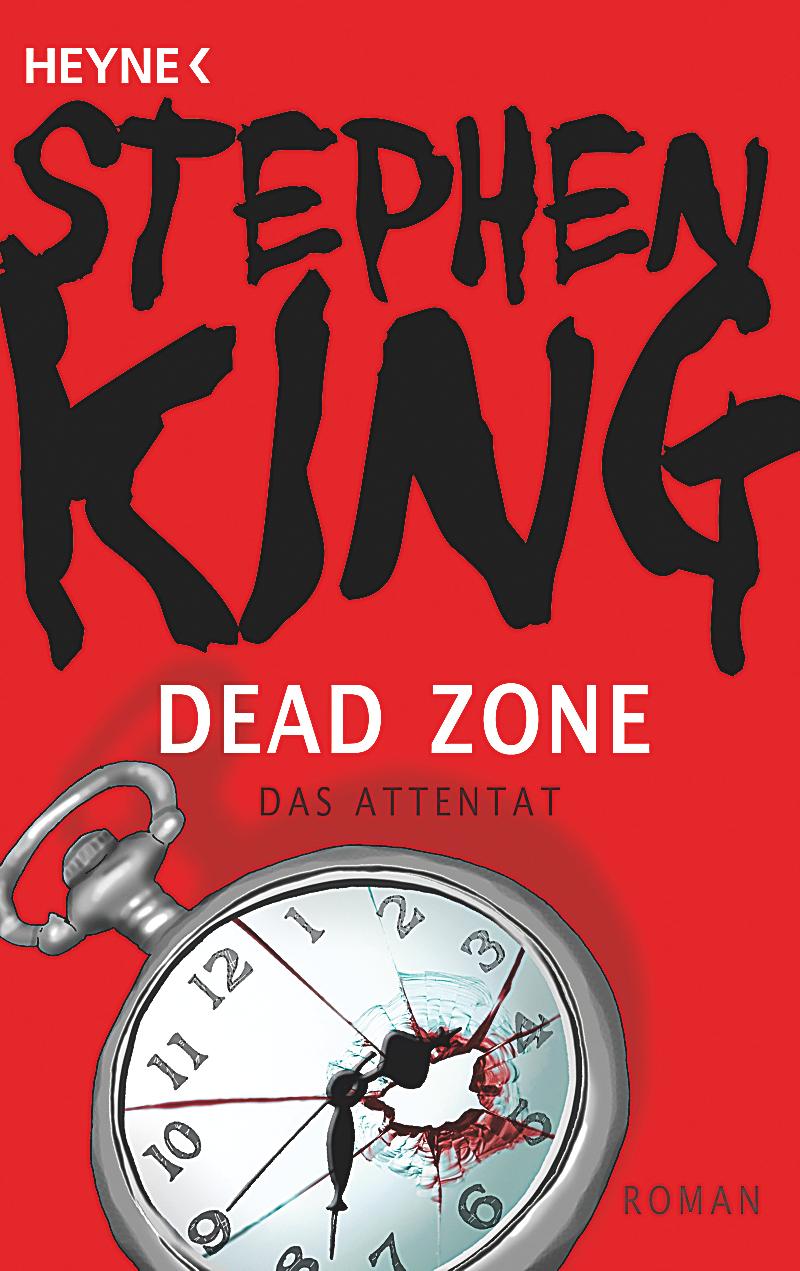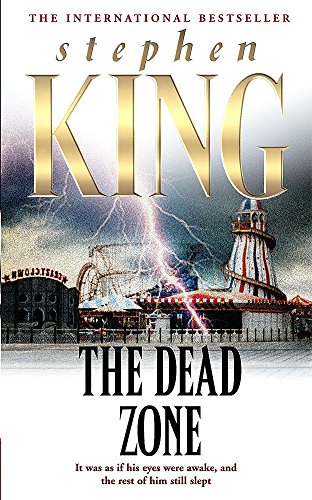
Only after 1983 would King adaptations become suspect titles like Firestarter (1984), Cat’s Eye (1985), Silver Bullet (1985), and Pet Sematary (1989) would each become disappointing films. A 1979 television miniseries based on Salem’s Lot also earned plenty of attention.Īll were successful commercial projects, and Cronenberg’s involvement in yet another King adaptation, for many, signaled his crossover into mainstream filmmaking. Brian De Palma’s breakthrough with Carrie (1976) would become a landmark of the horror genre, as would Stanley Kubrick’s liberally adapted but brilliant epic The Shining (1979)-both superb experiments in style and tone. However, as history would show, films based on King’s books neither guaranteed success nor a quality product, although their trend began promisingly enough.

In December of that year, John Carpenter’s underrated adaptation of Christine would hit theaters, though neither was well received. Two months before The Dead Zone opened in October, Lewis Teague’s version of Cujo had earned a moderate profit. With the announcement of his new project, it seemed as though Cronenberg left behind his directorial signatures concerning the body for a pointedly Hollywood project-if only because King adaptations had been assigned such a reputation. Videodrome’s immeasurable aesthetic vision had set his followers’ expectations high.

So when he was approached by producer Debra Hill, who was partnered with legendary producer Dino De Laurentiis, to make a film version of Stephen King’s 1979 novel, The Dead Zone, he immediately signed on.Įven before its release, Cronenberg’s film of King’s novel was received with disappointment and skepticism. And yet, after the exhausting, evacuating creative experience that had been writing, filming, and releasing Videodrome earlier in 1983 to an unenthusiastic commercial response and split assessment from critics, Cronenberg wanted to challenge himself not by tapping into his own creative pipeline once more, but by taking a project that was not of his own devising and place his personal stamp on it.

His succession of bodily horror titles such as They Came from Within, Rabid, The Brood, and Scanners solidified this notion with critics and horror aficionados alike. In the early 1980s, David Cronenberg had just finished work on Videodrome and was already fully aware of his own growing status as an auteur, a writer-director filmmaker with a personal style and set of reoccurring themes through which he told his stories.


 0 kommentar(er)
0 kommentar(er)
